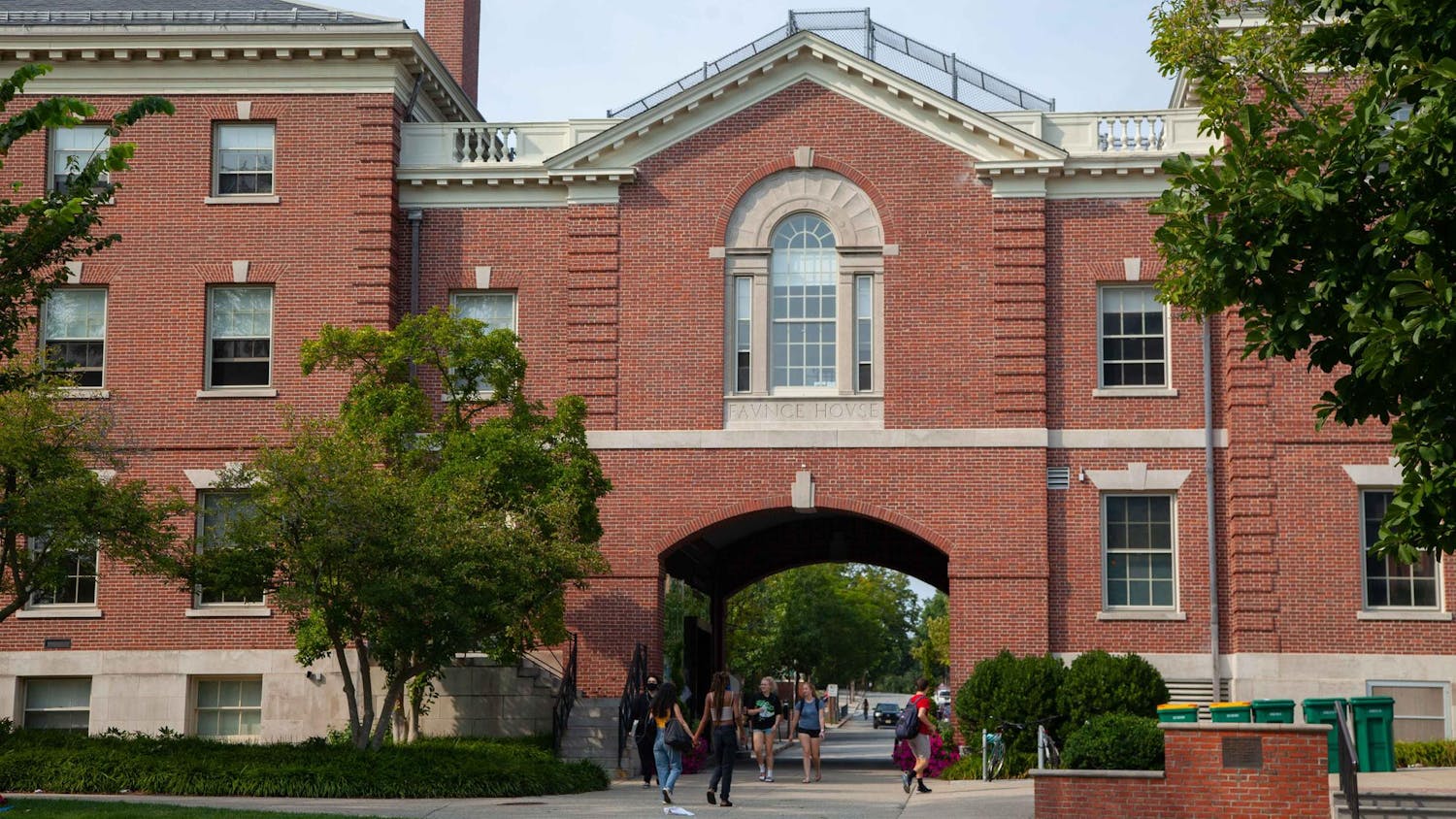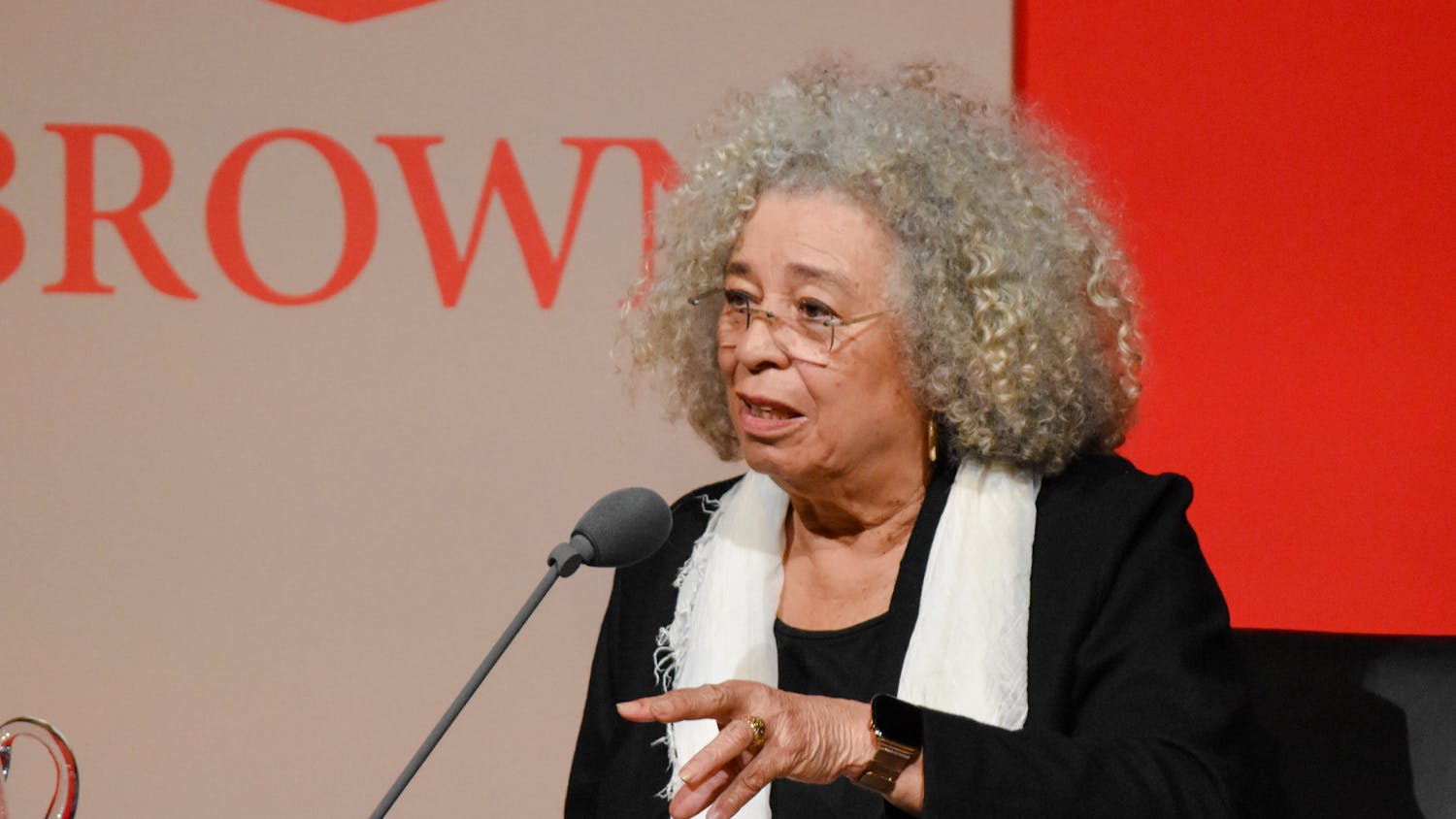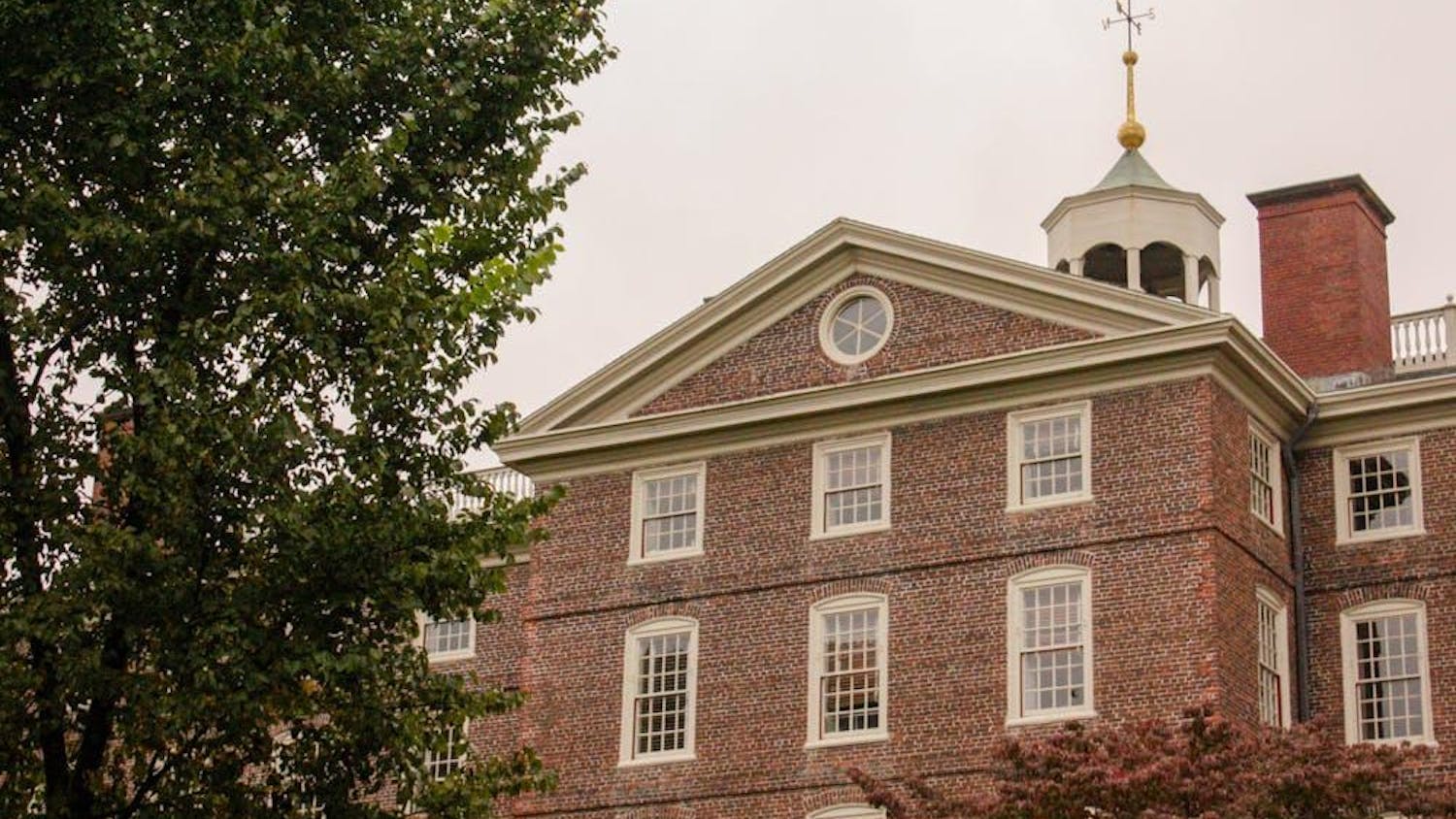Following its founding last year, the Outreach and Advocacy Committee of the Undergraduate Council of Students has established a plan for the semester, which will include facilitating student groups’ communications with administrators, prioritizing those groups’ needs and continuing to pursue last year’s projects.
The committee comprises four juniors and four first-years and is led by UCS Vice President Sazzy Gourley ’16, who has been involved with the council since his freshman year. “My role in leading the committee is basically to bring a big-picture perspective to the work that UCS is doing,” Gourley said. “We know that students are already doing really meaningful work in all of their areas, and we’re hoping that the OAC can … work with them to identify ways that we can support their needs on an administrative level.”
Each OAC member also belongs to a different UCS committee, including Academic and Administrative Affairs, Admissions and Student Services, Campus Life and Student Activities. As a result, many committee members already have issues they want towork on based on their areas of expertise.
UCS Secretary Andrea Wistuba Behrens ’16 said the mix of class years on the committee could lead to a variety of perspectives. “Upperclassmen will provide perspectives and resources that exist on campus, and the freshmen … will bring in new ideas,” she said. “So I think it will be an interesting dynamic.”
Wistuba Behrens said she intends to focus on issues of sexual assault in her work on the committee. She added that she plans on speaking with the representatives on the Sexual Assault Task Force and UCS President Maahika Srinivasan ’15 about the council’s efforts to engage students with the issue.
UCS Media Director Alana Bhatla ’16 said she hopes the OAC makes students aware of UCS resources and connects them accordingly. Bhatla, Gourley and Wistuba Behrens have brainstormed “how different members of the committee should approach different topics they’ve dealt with,” Bhatla said. “Different members of UCS meet with different administrators every week and have great relationships with them. We also have all-campus email access and just several other resources that we want to make sure are being utilized the way the student body wants them to be.”
Timothy Ittner ’18, an OAC member who also serves on the UCS Academic and Administrative Affairs committee, said one of his biggest priorities will be increasing the number of faculty members of color, especially in the science, technology, engineering and mathematics fields.
“Last spring, we passed a resolution labeling some departments ‘in crisis’ because they have so few faculty of color,” he said, adding that he looks forward to seeing the results of President Christina Paxson’s stated efforts to hire postdoctoral students who identify as people of color.
Benjamin Gladstone ’18, an OAC member who also belongs to the UCS Student Activities committee, expressed a desire for the OAC to make student voices heard. “Because Student Activities carries out a similar function in communicating with student groups and student organizations, I have a more general role,” he said. “I think it’s through student organizations that the Brown community expresses its deepest passions.”
Mental health and the efforts of Counseling and Psychological Services are other major issues to discuss, said Helen Gerstenfeld Abreu ’18, an OAC member who also sits on the UCS Admissions and Student Services committee. “We will be trying to work with (CAPS) and asking students and student groups what do they need,” she said.
The OAC should ideally work in conjunction with student groups and other UCS members, Gerstenfeld Abreu said. “It’s teamwork — these are big issues that can’t be addressed by one person,” she added. “The team is very important. It was created to ask for group help on these initiatives.”
Svetoslav Kostov ’18, an OAC member from Admissions and Student Services, expressed the desire to get directly involved with “the more tangible changes to the way student life runs, going through (the Admissions and Student Services committee) in things that we encounter all the time in shaping the Brown experience,” he said. “This would include communication with all student groups, student leaders (and) prominent interest groups in campus.”
Justice Gaines ’16, a member of the OAC and the UCS Campus Life committee, said he thinks the OAC provides the opportunity to make use of existing student enthusiasm.
“These sorts of issues that are really big for students on campus, where there is a lot of student activism and a lot of student push, (are) where the OAC will be able to … elevate and amplify student voices, especially considering UCS is one of the main ways that administrators connect with students,” he said. In addition to following up on resolutions passed from the previous year dealing with diversity in STEM fields, mental health, divestment from coal and increasing faculty of color, Gaines said he intends to look into student relations with the Office of Residential Life.
Despite the new membership of the OAC this semester, a major theme for the committee will be following up on issues and resolutions from last year, several OAC members said.
The OAC should focus on “previous resolutions and making sure that they’re followed up on,” Kostov said. “If we don’t do anything else, this is the main thing we need to do. That vouches for the integrity of any institution, that continuity.”
ADVERTISEMENT




